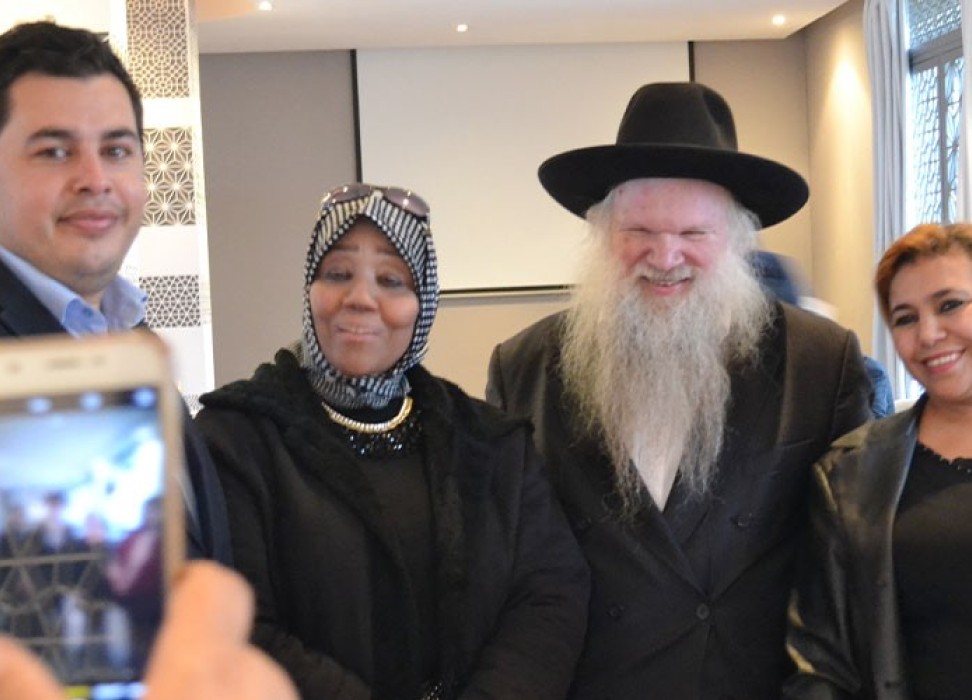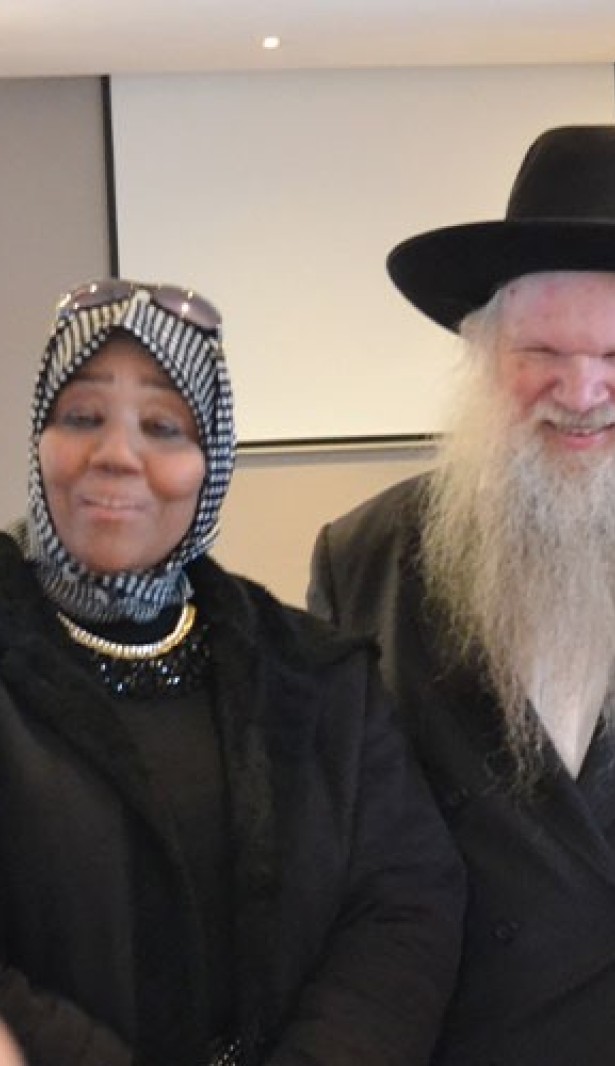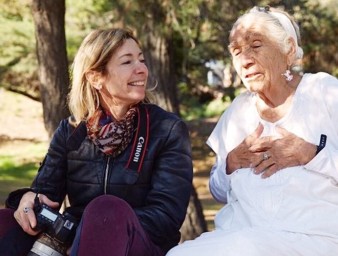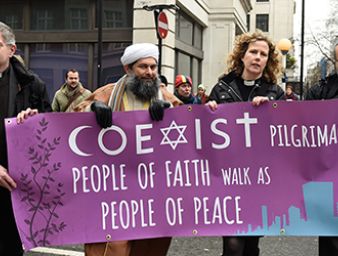Toolkit aims to link faith and human rights
29 January 2020

The United Nations Human Rights have joined forces with faith-based groups to create a toolkit to help combat growing hate speech and intolerance.
The “#Faith4Rights toolkit” brings together case studies, resources and artistic expression to provide concrete ideas for discussing the relationship between religions, beliefs and human rights.
The peer-to-peer learning toolkit is based on the 18 commitments on “Faith for Rights” which aim at fostering peaceful pluralistic societies. The High Commissioner Michelle Bachelet had called for translating the ‘Faith for Rights’ framework “into practical outreach tools and capacity-building programmes.”
In a presentation to the UN Human Rights Council, the Special Rapporteur on freedom of religion or belief Ahmed Shaheed called the 18 commitments important guidance and inspiration for action. “It is vital to enhance the positive role of faith actors in defending freedom of religion or belief and promoting human rights at large”, he stressed.
This can also help pushing back against the growing signs of incitement to hatred and violence, said UN Special Rapporteur on Minority Issues Fernand de Varennes.
“The causes for the rise of intolerance and hate speech are many, and so must be the approaches to tackling this scourge, including with a focus on faith-based organizations, leaders and community members, who can provide a narrative premised on hope, justice, inclusion and fairness: in other words a human rights approach,” he said.
At the validation workshop recently held in Collonges-sous-Salève, France, he also announced the plan to use the #Faith4Rights toolkit in a series of regional forums on hate speech, social media and minorities, in the lead up to the global Forum on Minority Issues in November this year.
The toolkit is a living document that taps into social media, with a particular focus on the needs of youth and minorities. The toolkit is open for adaptation by facilitators in order to tailor the modules to the specific context of the participants.
It also includes several cases to debate, which enhance the skills of faith actors to manage religious diversity in real-life situations towards the aims of “Faith for Rights”.
In 2020, moot court competitions will simulate four cases involving tensions between faith and human rights. These moot court competitions will be organized by the Universities of Pretoria and Oxford, the European Academy of Religion and the Brazilian Center of Studies in Law and Religion. They all contain elements of the 18 commitments on “Faith for Rights”, with competition rounds in Beijing, Beirut, Budapest, Geneva, Johannesburg, Kyiv, New Delhi, New York, Oxford, Paris, Rome and Uberlândia.
This reflects the reality that related debates are not limited to one region or one religion; both States and non-State actors have a lot to gain from exchanging on their perspectives and lessons.
Download the #Faith4Rights toolkit (PDF) or browse through the online version.
29 January 2020




